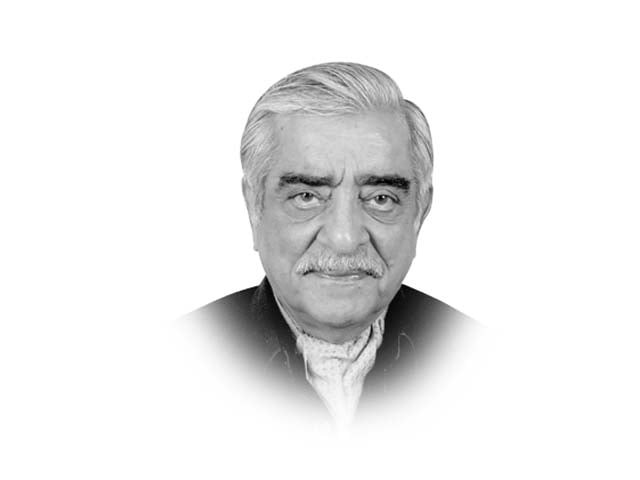Will Iraq stay united?
Only if Iraq remains united can the menace that ISIS represents be reduced, if not eliminated.

The Sunni leaders have indicated that they do not want to accept Maliki’s continuance in office. His deliberate exclusion of Sunnis from positions of power, his persecution of Sunnis and his reneging on promises to bring into the Iraqi armed forces the Sunnis that had been part of the Sahwa (the Sunnis tribesmen who had under American patronage united against al Qaeda in Iraq) have been the major factor in allowing ISIS (Islamic State of Iraq and Sham) to score their spectacular victories in Mosul and other parts of northern Iraq.
Grand Ayatollah Sistani, whose call for the Iraqi people — not just the Shias — to rise and defend Iraq against the ISIS evoked a fantastic response from his followers, has made statements that are interpreted as calling for Maliki to step down. Other Shia leaders — notably Moqtada Al Sadr — have made it clear that they too want Maliki to step down.
While no official statements have been made, the Obama administration’s various briefings have indicated that the Americans want Maliki out. There are other reports that even the Iranians believe that Maliki cannot hold Iraq together and would welcome and even work towards a change.
Indications are that the Sunnis will not proceed with the election of a new speaker until there is agreement between all parties on who is to be the Shia nominee for the prime minister’s slot. While many Iraqi parliamentarians say that Maliki’s chances are low, there are others who point out that he has already secured the support of 120 members and needs only the support of 45 more for re-election. Political uncertainty will persist for sometime.
In the meanwhile, the situation on the ground seems to point towards a defacto partition of Iraq. The Kurds have taken Kirkuk — after the Iraqi Army abandoned it — and have extended their control in other areas with significant Kurdish populations in the vicinity of Mosul. They are poised to extend the regional autonomy they enjoy to something closer to a separate state.
In the Sunni majority provinces bordering Syria, ISIS has established control largely because the tribal leaders, who were part of the Sahwa, see ISIS as a better alternative than the draconian Shia rule imposed by Maliki. It is advancing towards Baghdad but all agree that they cannot take that city.
There is no doubt that the Sykes-Picot agreement that created the new Arab states after the dismemberment of the Turkish Empire drew boundaries arbitrarily with little regard for tribal affiliations or even geographical features. There is, however, little doubt that any attempt to redraw the map of Iraq will bring no better results and may lead to even greater carnage than has already occurred in Syria and Iraq. The greatest nightmare would be the creation of an independent Kurdistan involving the dismemberment of Iran, Turkey and Syria, in addition to Iraq.
If Maliki steps down and a new government prepared to address Sunni grievances comes into being, I believe that Iraq can survive with its present boundaries. The Americans will want this and if better sense prevails, so will the Sunni Arab states on the one hand and Shia Iran on the other.
Only if Iraq remains united can the menace that ISIS represents — not only for this region but for the entire Muslim world — be reduced, if not eliminated. Let us be clear, the ISIS threat is not only to the Muslim majority countries but to the Muslim communities in Europe and America, as I will explain in my next article.
Published in The Express Tribune, June 30th, 2014.
Like Opinion & Editorial on Facebook, follow @ETOpEd on Twitter to receive all updates on all our daily pieces.















COMMENTS
Comments are moderated and generally will be posted if they are on-topic and not abusive.
For more information, please see our Comments FAQ